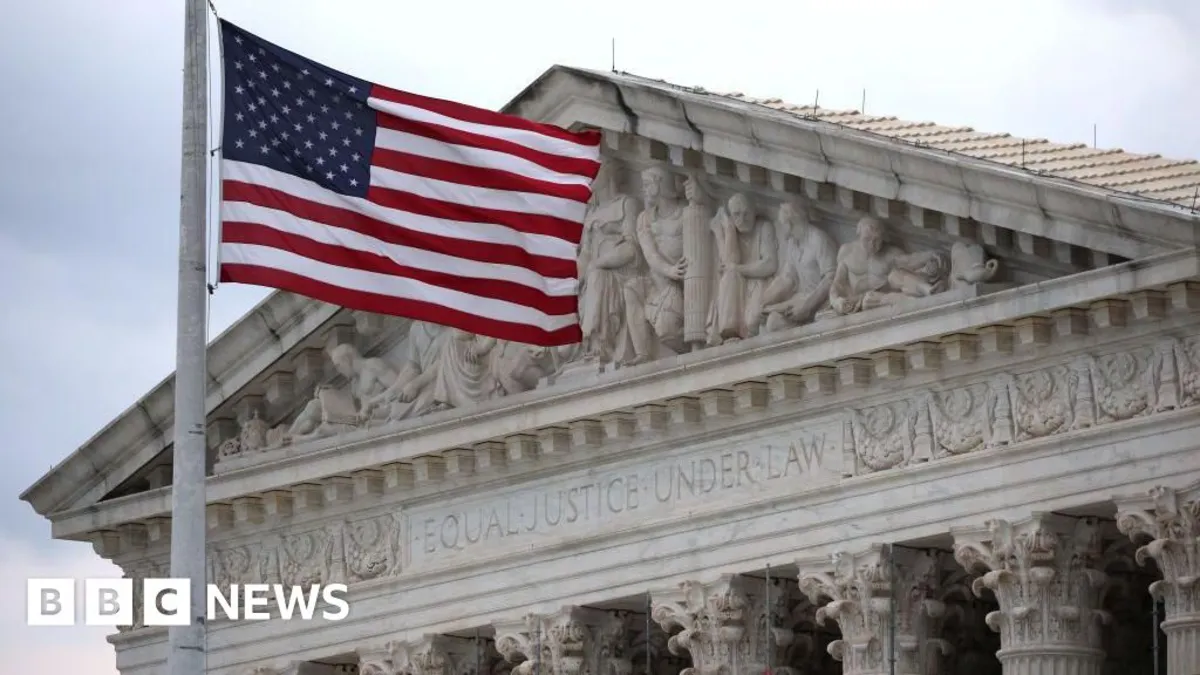
The US Supreme Court has recently upheld a controversial Texas law mandating that users accessing pornography sites verify their age through a government-issued ID or a facial recognition scan. This pivotal decision, made public on Friday, has significant implications for both content creators and consumers of adult material online.
Enacted in 2023, the Texas law was challenged by major adult entertainment platforms, including PornHub, which argued that the age verification requirement infringed upon constitutional rights to free speech. The challengers claimed that this burden would hinder adults seeking to access legally available content, thereby violating their First Amendment rights.
In defense of the law, Texas officials asserted that it was designed to protect minors from exposure to sexually explicit material. They emphasized the state's authority to implement measures that prevent children from accessing such content. In a two-hour hearing held in January, the justices seemed to align with Texas's viewpoint that some safeguards are necessary to shield minors, although they expressed concerns regarding potential infringements on free speech.
The legal teams representing the pornography websites focused on established legal precedents to bolster their case. They referenced a landmark 2004 Supreme Court ruling that rejected efforts to criminalize online content deemed harmful to minors. Additionally, they argued that requiring users to submit personal identifying information could inadvertently obstruct legitimate adult access to their sites, thereby undermining their rights under the First Amendment. They highlighted risks associated with submitting a 'government ID' online, warning of potential exposure to data breaches and identity theft.
Critics of the Texas law voiced apprehensions that it could set a precedent for restricting various types of adult content beyond just pornography. These concerns indicate a broader fear of censorship that could arise from stringent age verification requirements.
In contrast, Texas lawyers pointed to a 1968 Supreme Court decision that upheld a New York statute prohibiting the sale of pornographic magazines to minors as a foundational legal precedent. They argued that the principles established in that case remain relevant despite the evolution of obscenity into the online sphere. This argument suggests that states retain the power to regulate adult content access to protect younger audiences consistently.
The Supreme Court's 6-3 ruling reflects a deep ideological divide on issues surrounding free speech and children's online safety. As more than a dozen states have enacted similar laws, the implications of this ruling are likely to resonate across the nation, prompting ongoing debates about the balance between protecting minors and safeguarding adult rights in the digital age.